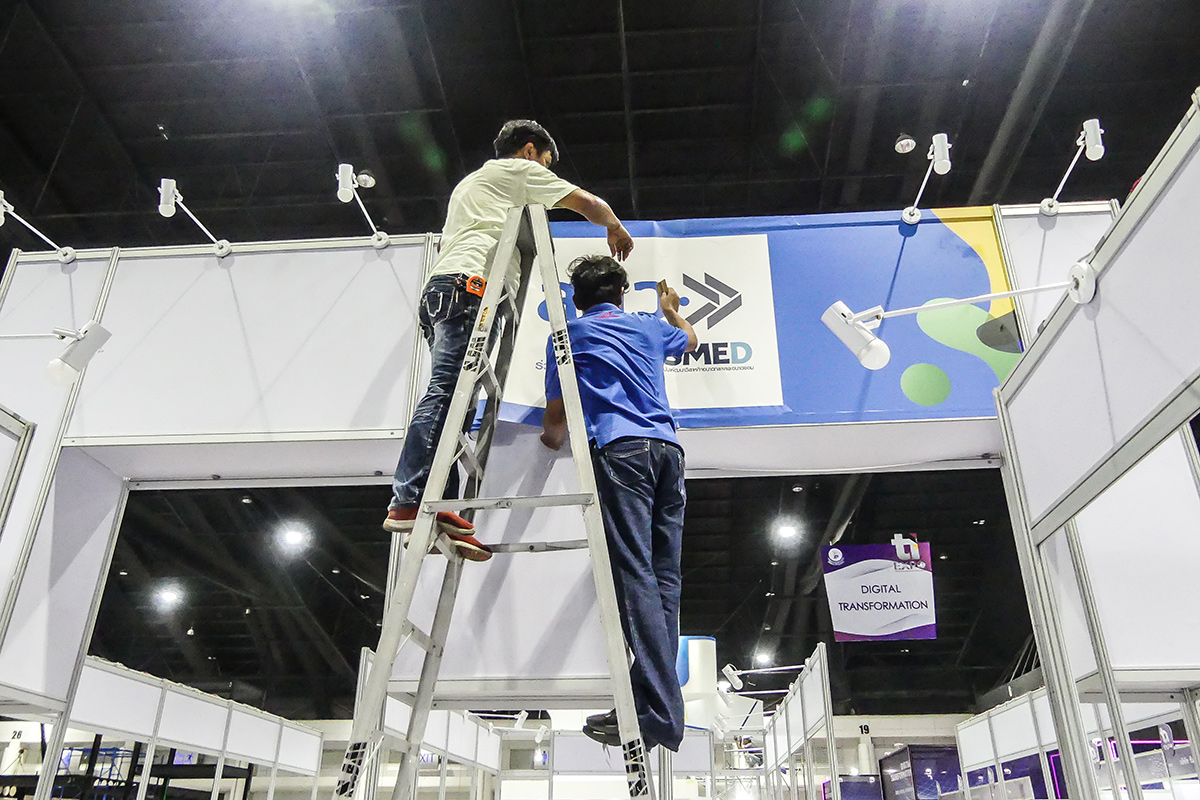Or does it? If you use contractors you need to be aware of changes taking place from 6 April regarding IR35. Luke Menzies, director of Menzies Law, explains.
Know what IR35 is? If not, you’re hardly alone. But if you use contractors you most definitely need to wise up. Here’s why.
Firstly, you need to understand what IR35 is. It refers to HMRC’s policy on how to tax the earnings of individuals who work as a contractor for an organisation, providing their services via their own limited company - which we tend to call a personal services company (PSC). HMRC has an ‘employment status’ test which helps it determine whether a contractor is really an employee in disguise. If so, the employer must deduct tax and NI at source - just like a PAYE employee.
IR35 itself is hardly new - it came into force in 2000 following a period in the 1990s when it became fashionable within the IT industry for self-employed contractors to work via a PSC. IR35 was HMRC’s response to this trend. It says that if HMRC looks at the contractor situation and, apart from the existence of the PSC, the contractor would otherwise meet their ‘employee in disguise’ test, then the contractor must have tax and NI deducted from their pay.
Nowadays, there are tens of thousands contractors working through PSCs, and they have had 20 years to come up with clever ways of putting terms into their B2B contracts with their ‘employers’ to try to out-manoeuvre IR35. HMRC is missing out on several billions in lost tax. Many of these contractors are in roles that most reasonable people would see as really being employee roles. There isn’t room here to explore the various legal tests for whether a contractor is an employee in disguise, but in my experience, around 75% of contractors working through a PSC within someone else’s business are probably employees in disguise. However, HMRC has simply not had the resources to check and challenge all these relationships, so many have got away with a situation that may be really stretching the notion of self-employment to the very limit of honesty and good sense - and beyond.
What’s about to change?
As of 6 April 2020 the ‘employer’ (i.e. the client of the contractor) of larger businesses becomes responsible for scrutinising in detail each of its contractor relationships where there is a PSC, and is liable for deducting tax and NI at source if the it thinks the relationship does actually come within IR35.
The way that the new rules and liabilities are set up, the ‘employer’ becomes the tax inspector.
‘Employers’ now need to be cautious about the risk of making a wrong assessment. The low-risk option is to assume that the contractor is within IR35, and so to deduct tax and NI. At this point, it becomes fairly pointless for the contractor to continue working as a contractor - they may as well become an employee and benefit from pension, employment rights, etc. Many employers can see this, and so are cutting to the chase by insisting that those who look like they are within IR35 must in fact become employees, whether they like it or not. From the employer’s point of view, this then normalises the relationship, de-risking it.
This new tax inspector role will not apply to small businesses that have at least two of the following characteristics: an annual turnover not exceeding £10.2m; a balance sheet total not exceeding £5.1m; and/or an average of not more than 50 employees over a year.
If you don’t fall within that small employer exemption, then it’s time to immediately check whether you have any contractors who might come within IR35.
The good news is that HMRC has recently announced that the new ‘tax inspector’ rule will only apply to new contractor relationships starting on 6 April 2020 or later, so your current contractors will not technically be covered. However, it’s still very much worthwhile looking at all your contractors now and being clear on where your risks may lie.
As with many developments in law and tax, this change is likely to have some mission-creep, and I suspect HMRC is going to be looking in greater scrutiny at all your existing self-employed contractors, whether or not IR35 could apply to them and whether or not they operate via a PSC. The tectonic plates are clearly shifting. My strong advice is that it’s time to review your contractor relationships and assess your risks.


